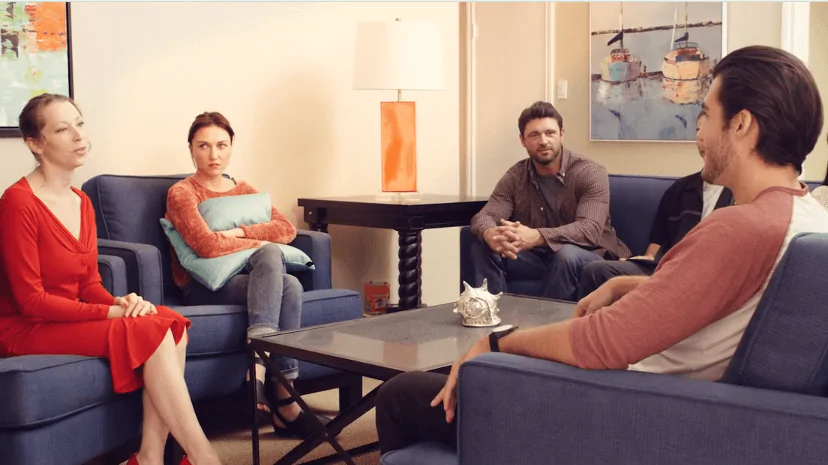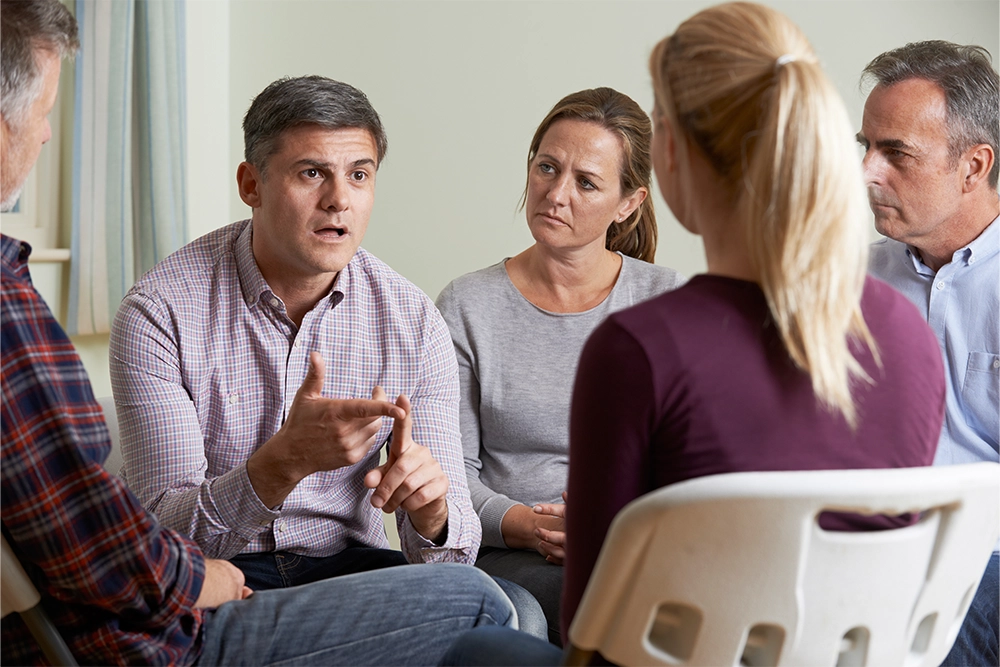are essential facilities designed to assist individuals recovering from various forms of addiction, including substance abuse, alcohol dependence, and behavioral addictions. These rehab centers focus on providing ongoing support after the initial treatment phase, ensuring that individuals have the tools necessary to maintain sobriety and reintegrate into society. The approach employed by Aftercare Support rehab centers in Theodosia is multifaceted, including counseling, group support, skill-building workshops, and connections to community resources, all tailored to the unique needs of each individual. The importance of these centers cannot be overstated, as they provide critical resources in a vulnerable time of transition, promoting long-term recovery and reducing the risk of relapse. Historically, the emergence of Aftercare Support in Theodosia is a response to the growing awareness of the need for sustained support after completion of primary treatment. As addiction rates have surged across the United States, the role of Aftercare Support facilities in healing those suffering has become increasingly crucial. By offering a community-oriented environment, these centers have positively impacted countless lives, providing a pathway to healthy and fulfilling futures. Readers are encouraged to explore the resources provided by Aftercare Support rehab centers in Theodosia further, as these programs represent a vital lifeline for individuals and families grappling with addiction.
Learn more about Aftercare Support centers in Theodosia


























































































































































































































































